Sometimes Eid just sneaks up on you, doesn’t it?
One minute you’re breaking your fast in Ramadan, and the next you’re checking moon sightings and wondering, “Wait, when is Eid al-Adha again?”
So here it is—your all-in-one, real-talk guide to Eid al-Adha 2025. Let’s dive in.
Let’s get this out of the way first, because yes, you’ve probably Googled it at the last minute before.
Based on the expected lunar calendar, the first ten days of Dhul Hijjah in 2025 are likely to begin on Wednesday, May 28. That would place the Day of Arafah on June 5, followed by the celebration of Eid on Thursday, June 6. As always, final dates will depend on the official moon sighting.
(And yep, it’s early this year. Don’t wait until the last second to arrange your Qurbani.)
At the heart of Eid al-Adha is one of the most powerful stories of faith—the story of Prophet Ibrahim (AS).
He was asked by Allah to do the unimaginable: to sacrifice his beloved son, Ismail (AS).
And just as he was about to carry out the command, Allah intervened and replaced Ismail with a ram.
“We ransomed him with a great sacrifice.” – Surah As-Saffat (37:107)
It wasn’t the act itself, but your willingness to obey, to trust, to surrender—that’s what defined Ibrahim’s legacy. And it’s what you’re invited to reflect on every Eid al-Adha.
Eid al-Adha isn’t just about meat or new clothes—or even the massive family breakfast you look forward to (though let’s be real, that’s a highlight).
It’s about remembrance.
It’s about asking yourself: What am I willing to let go of for Allah?
Sometimes the answer is pride. Or comfort. Or control.
That’s what makes this Eid different. It asks something of you. It’s not just a celebration—it’s a commitment.
So, what do you usually do on Eid al-Adha? While practices vary by culture, here’s what you’ll almost always experience:
👉 Want your Qurbani to reach those who need it most? Donate your Qurbani through Human Concern International and feed families across Asia, Africa, and the Middle East.
This year, Eid al-Adha might come earlier on the calendar, but it’s right on time for your heart.
While you gather with loved ones and share meals, there are families around the world who are hoping to eat meat just once this year.
For them, your Qurbani isn’t just symbolic—it’s survival.
👉 Give a meaningful Qurbani through HCI. We ensure every sacrifice is carried out with dignity, and every meal reaches someone in need.
And if you’re not able to give Qurbani this year?
That’s okay. You can still make a difference by supporting emergency food packs or contributing to ongoing aid.
👉 Support HCI’s Eid Fund and help spread joy where it’s needed most.
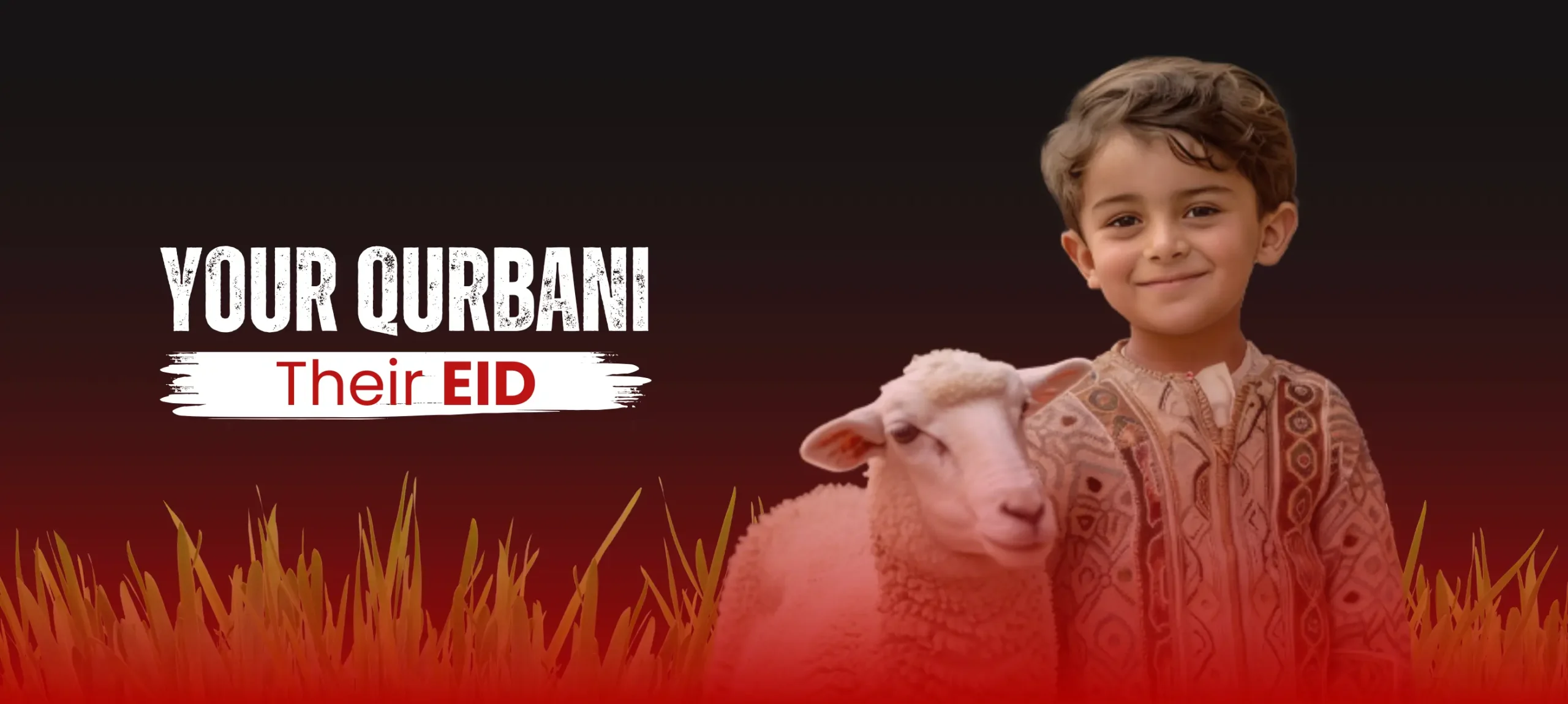
Eid al-Adha 2025 is expected to fall on Thursday, June 6, subject to the sighting of the moon.
Qurbani is obligatory for Muslims who are financially eligible—those who meet or exceed the Nisab threshold, similar to the requirements for Zakat.
A Muslim is obligated to perform Qurbani if they meet all of the following on the 10th of Dhul Hijjah (Eid day) and the days of Tashreeq (11th–12th Dhul Hijjah).
The Nisab is typically:
87.48 grams of gold or
612.36 grams of silver
👉 In practical terms, many scholars recommend using the silver Nisab for Qurbani due to its lower value, which makes more people eligible and fulfills more community needs.
Yes! Organizations like Human Concern International offer trusted Qurbani programs. Your donation is handled according to Islamic guidelines and ethical standards.
Eid al-Fitr comes after Ramadan and celebrates the end of fasting.
Eid al-Adha marks the sacrifice of Ibrahim (AS) and coincides with the days of Hajj, particularly the Day of Arafah.
Let’s be honest, sometimes you get caught up in the logistics of Eid.
Buy the meat. Press the clothes. Prepare the sweets. Make WhatsApp groups for the family dinner (been there).
But at its core, Eid al-Adha is about sacrifice, faith, and compassion.
It’s about being present with Allah, with yourself, and with those who rely on your generosity.
May your Eid be full of meaning, connection, and barakah.
And may your Qurbani feed more than bodies and nourish hearts, too.
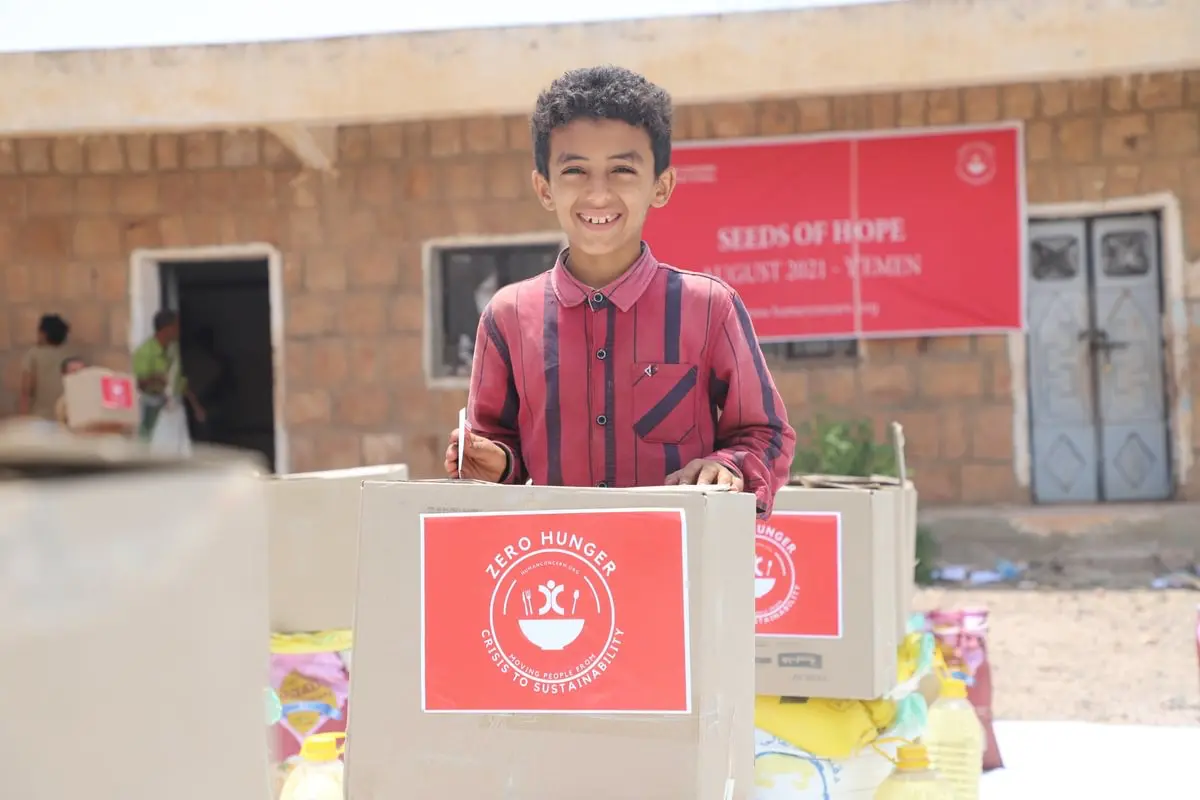
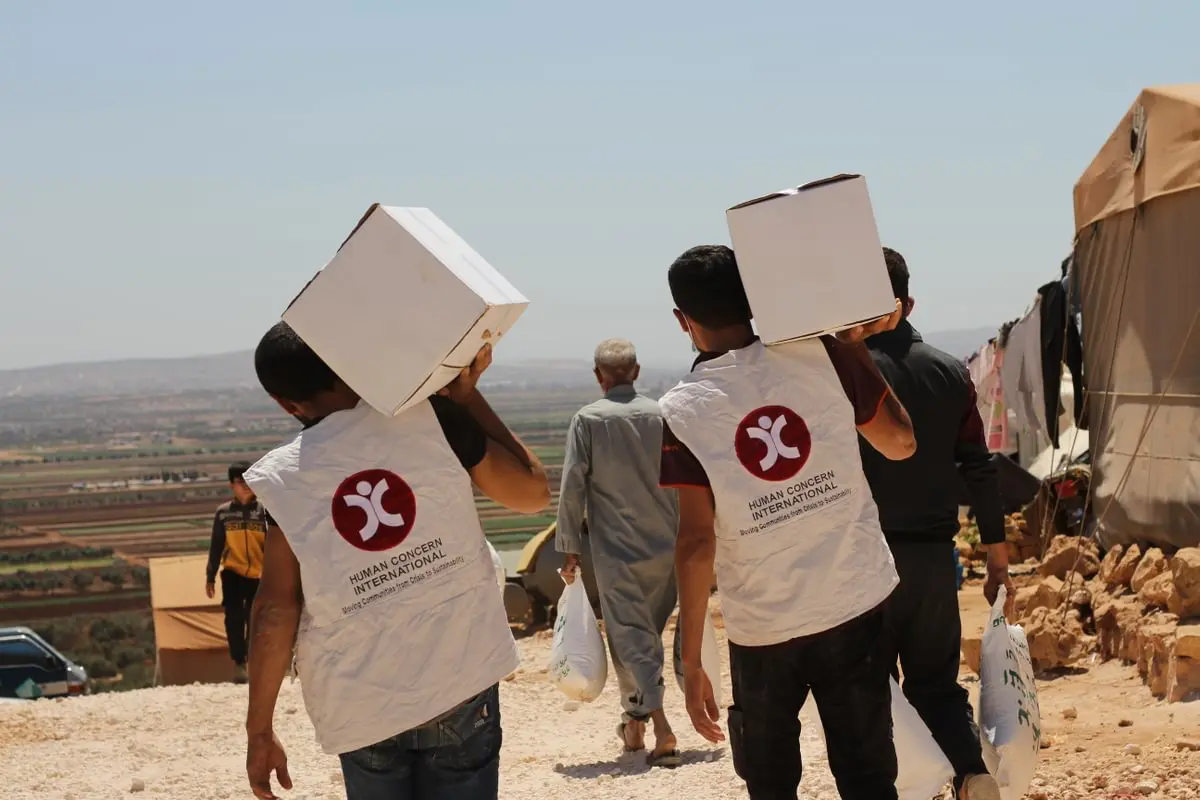
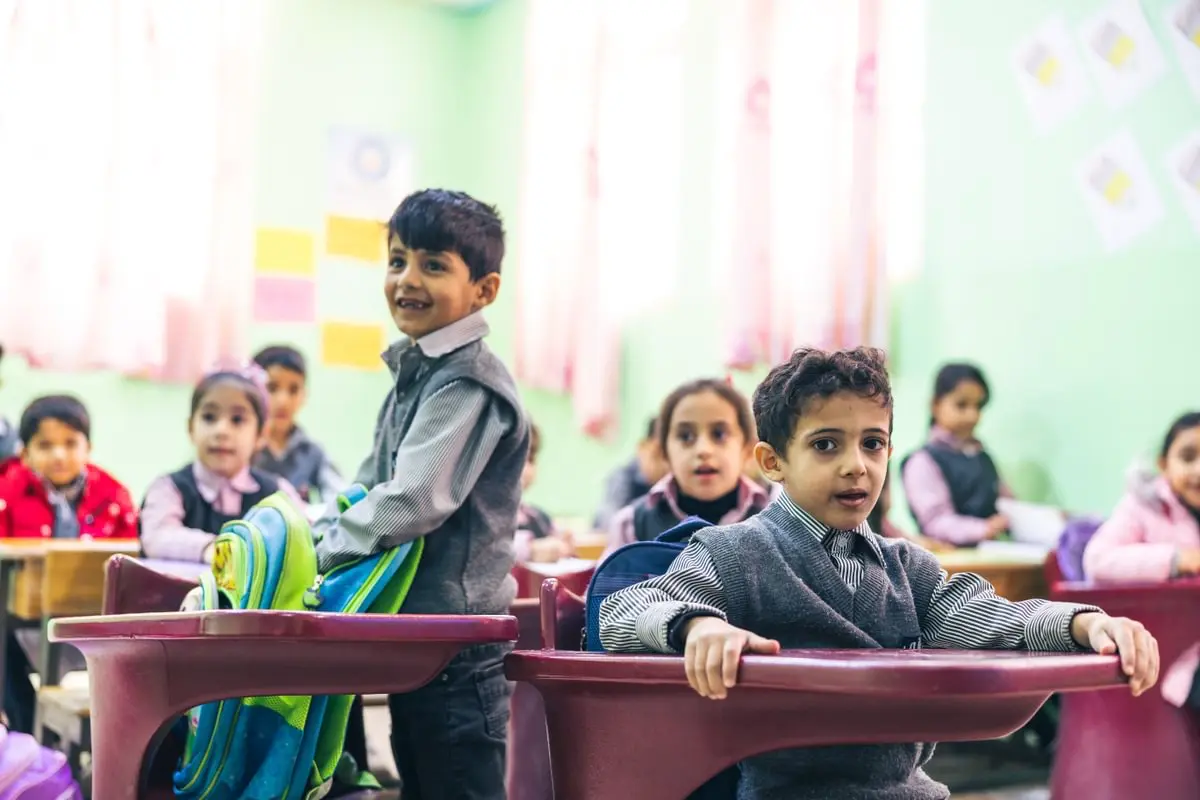
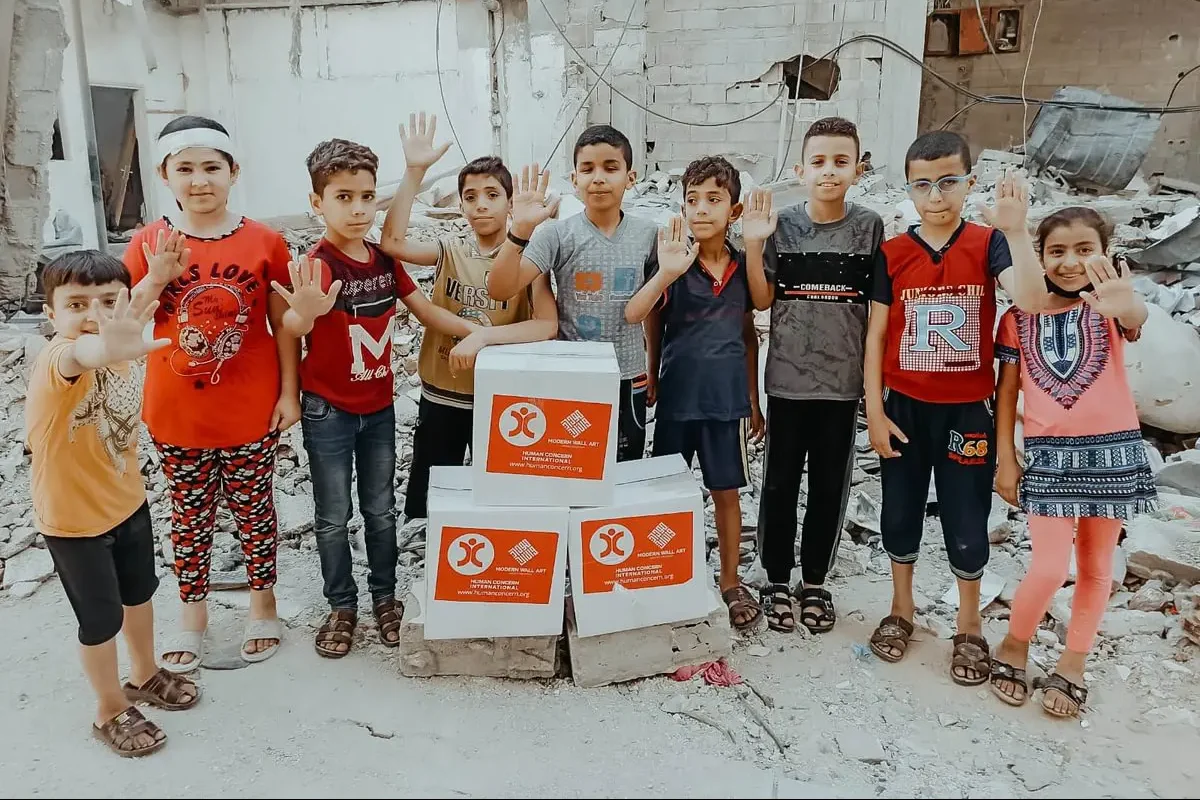
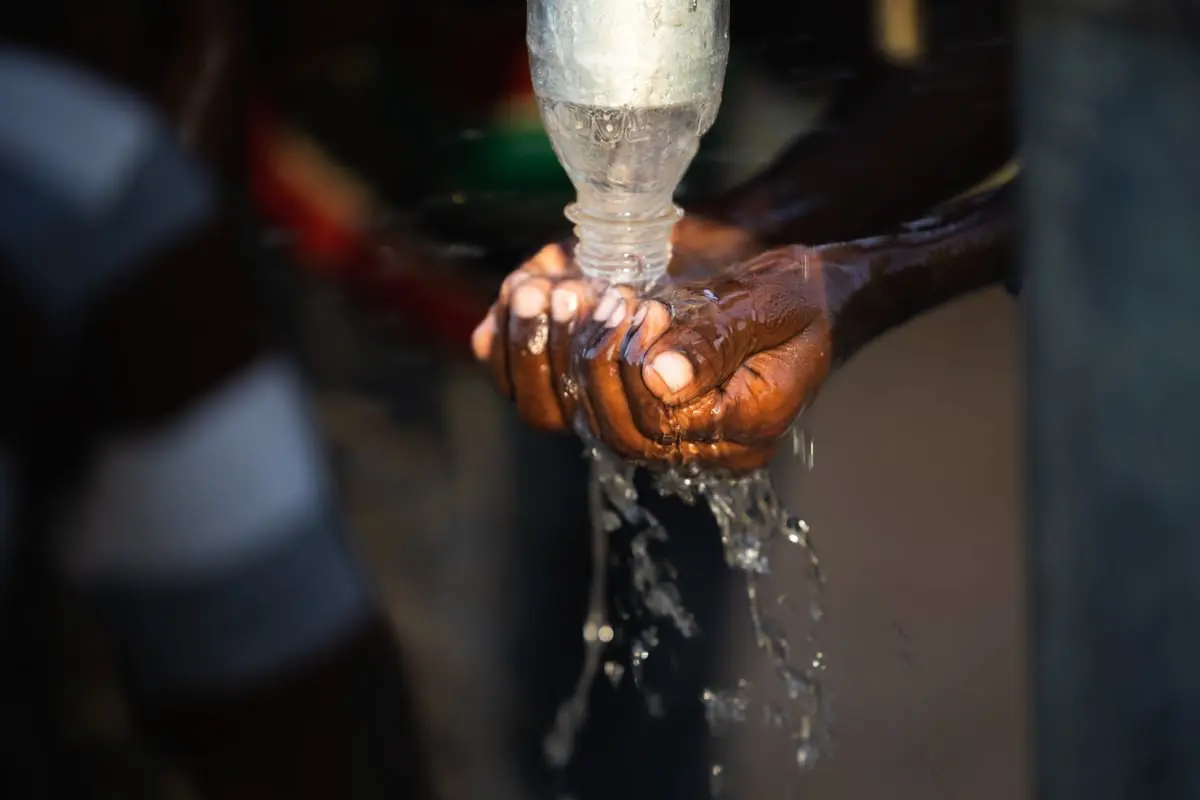
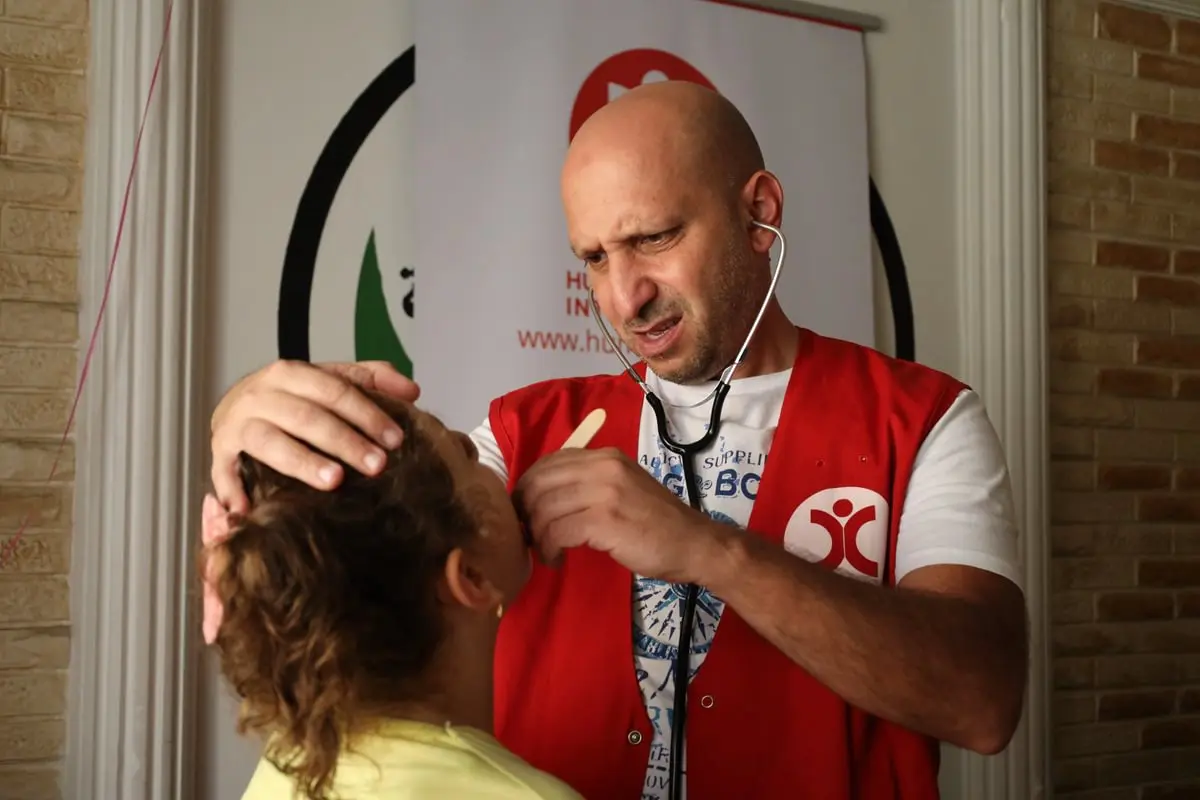
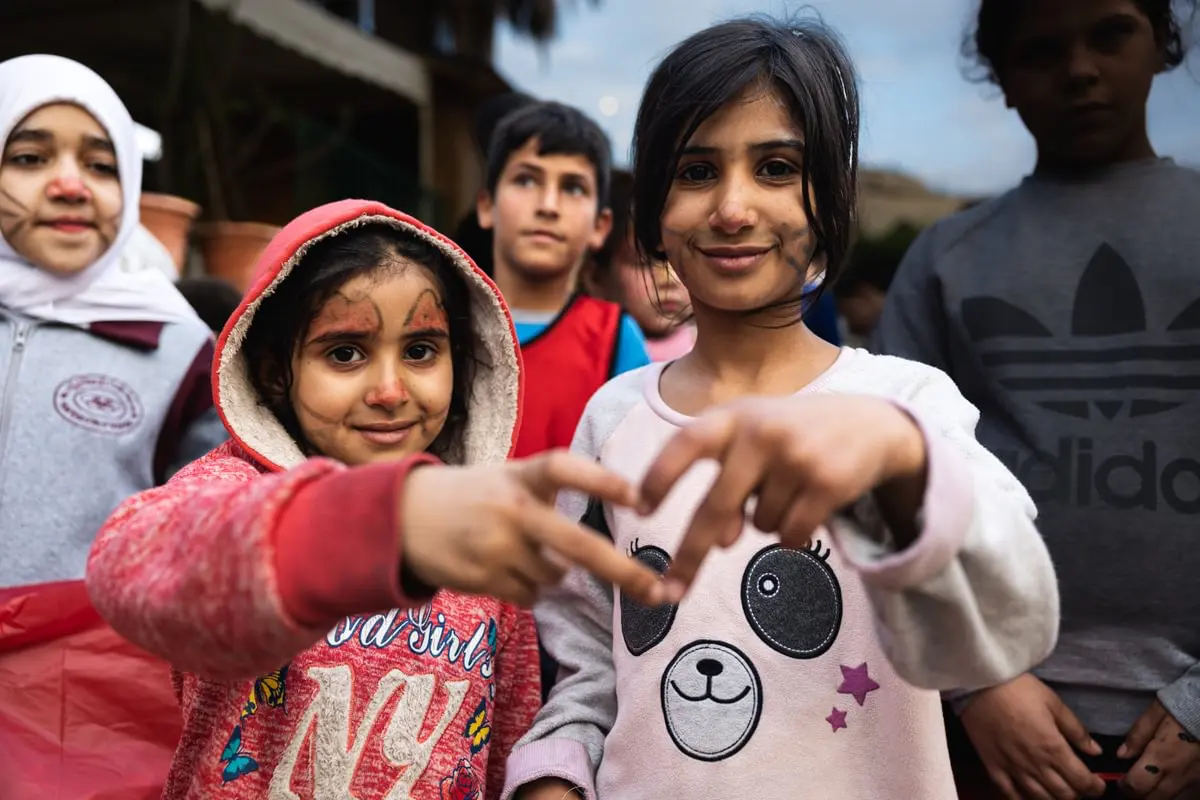
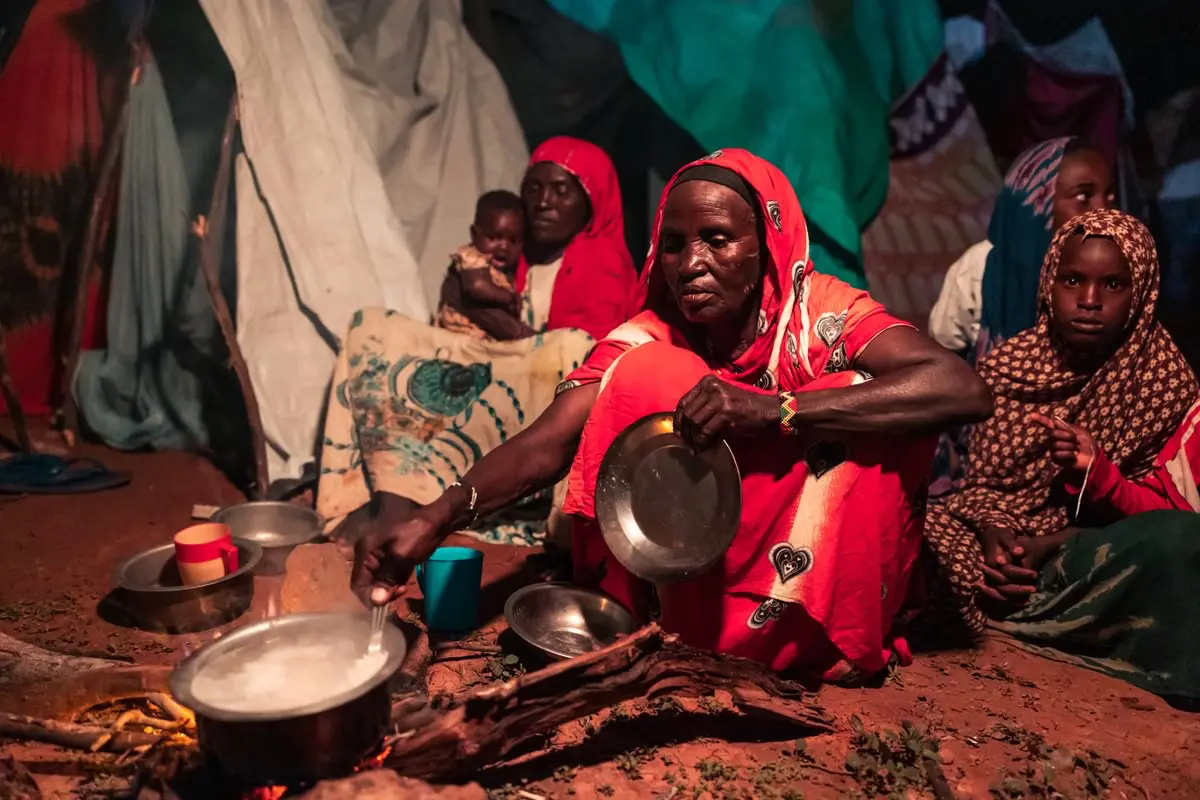
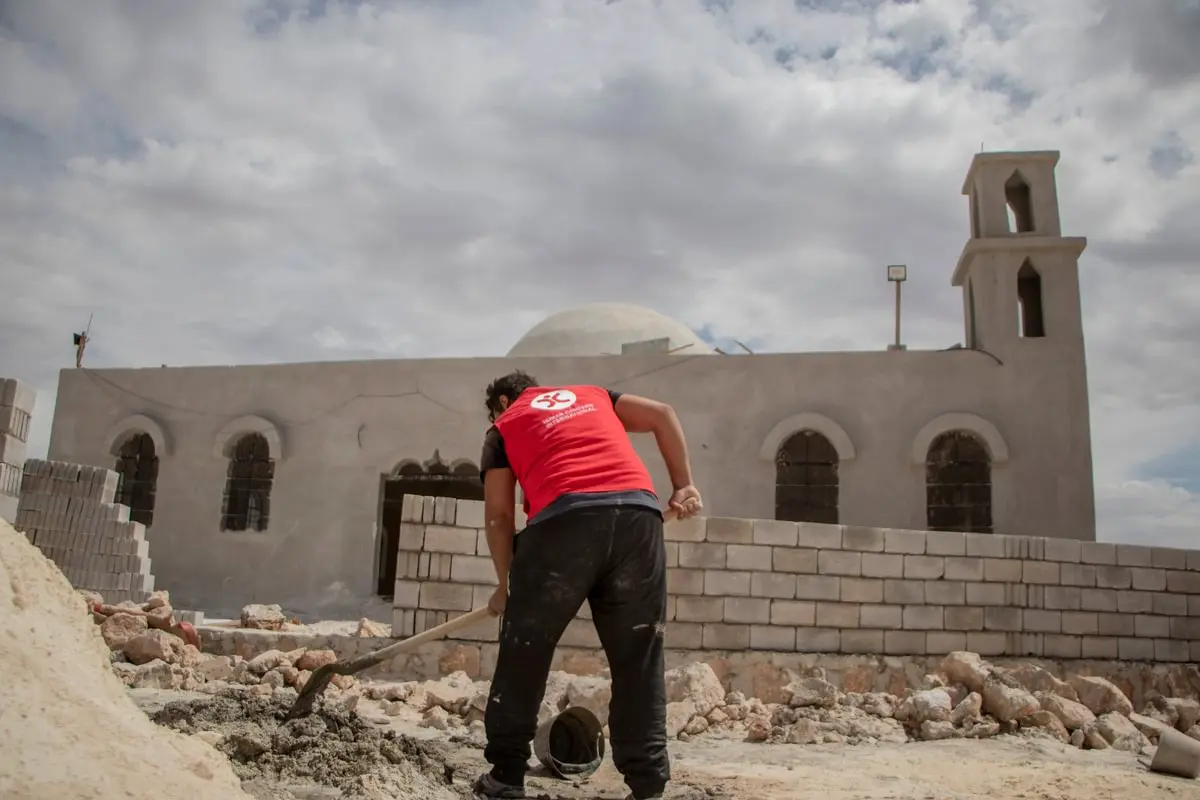
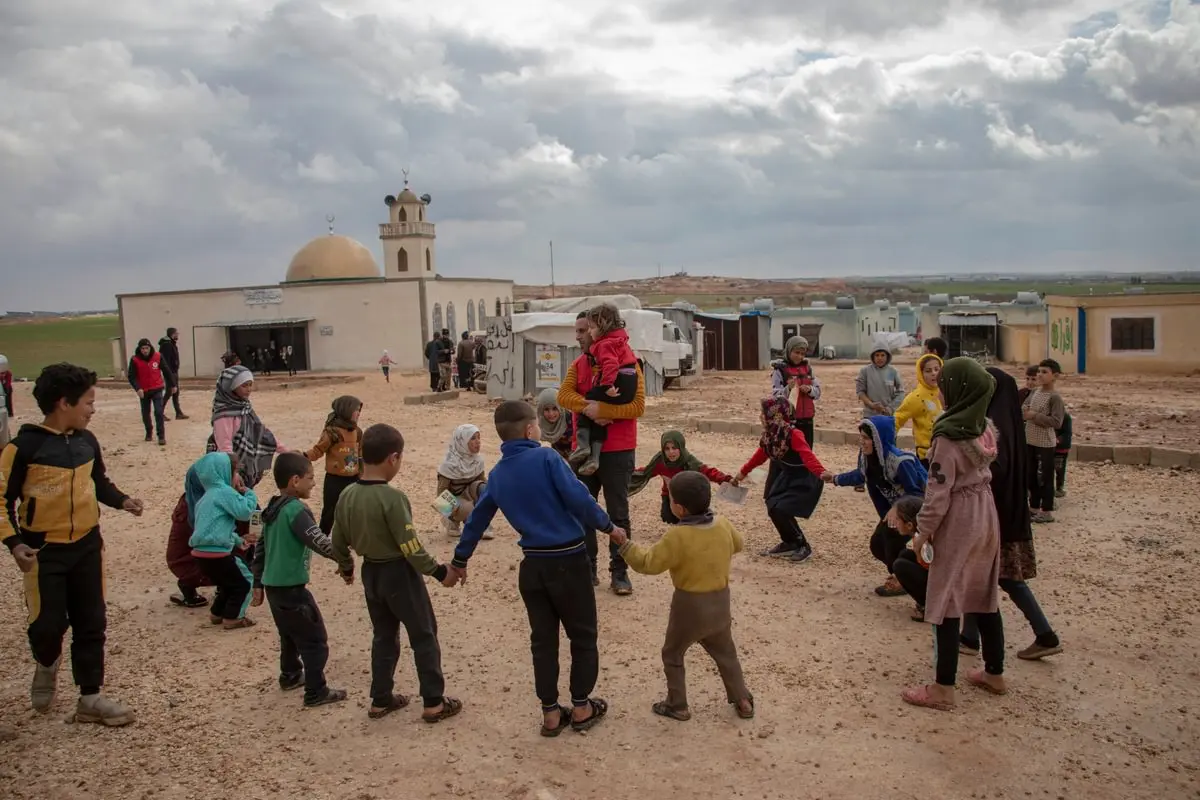
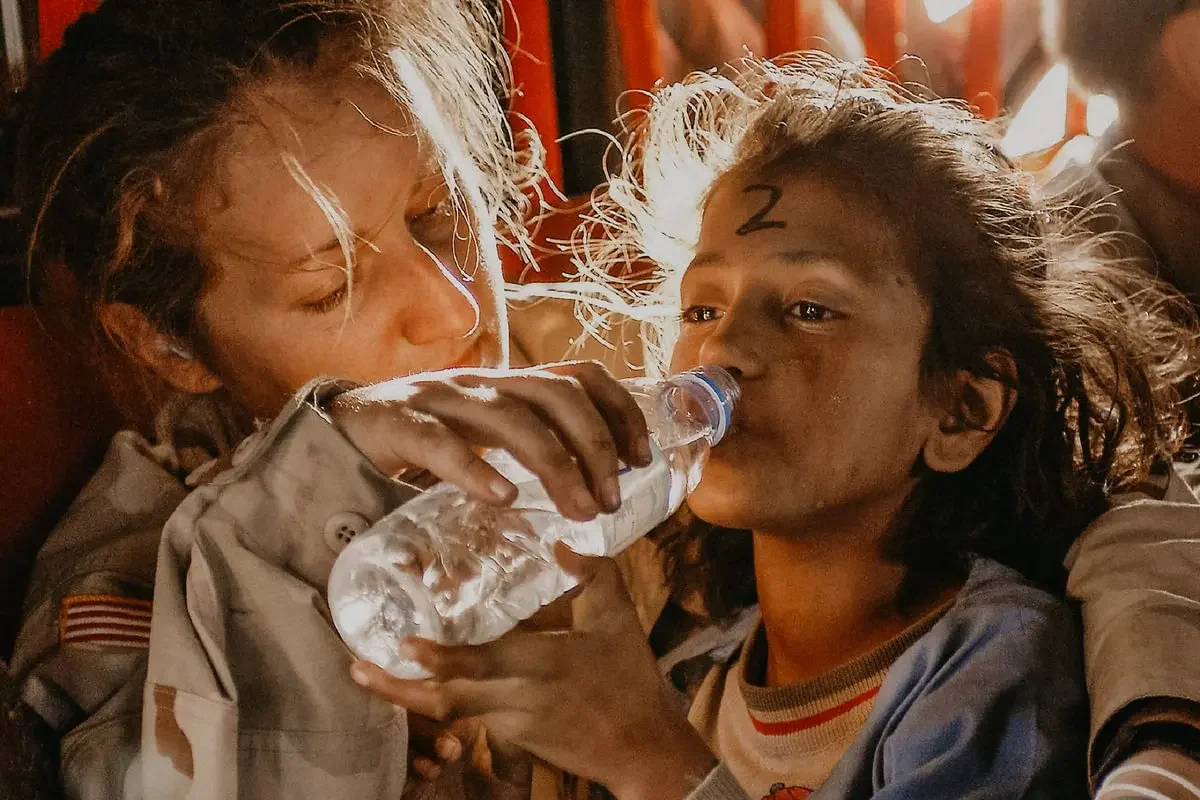
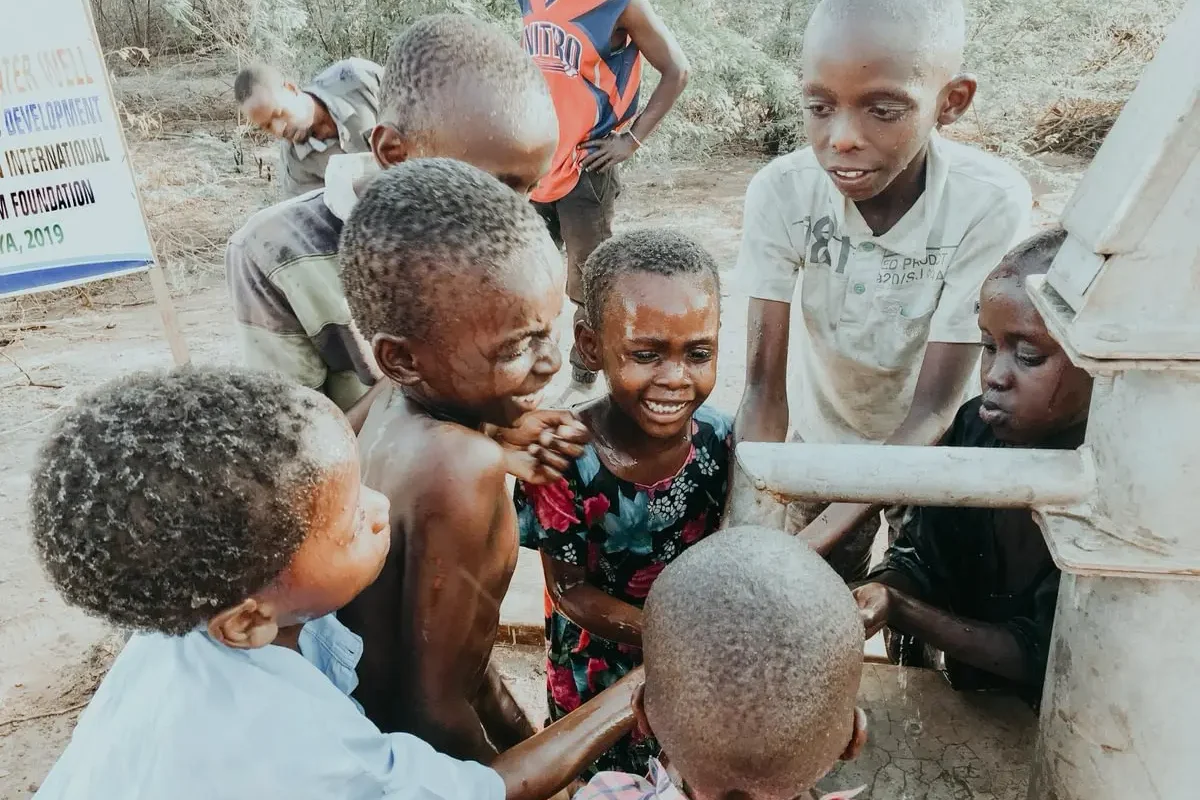
Human Concern International is the oldest Muslim relief organization in Canada, fighting poverty for over 45 years.
We are a registered charity with the CRA. Charitable Registration No. 107497125 RR 0001